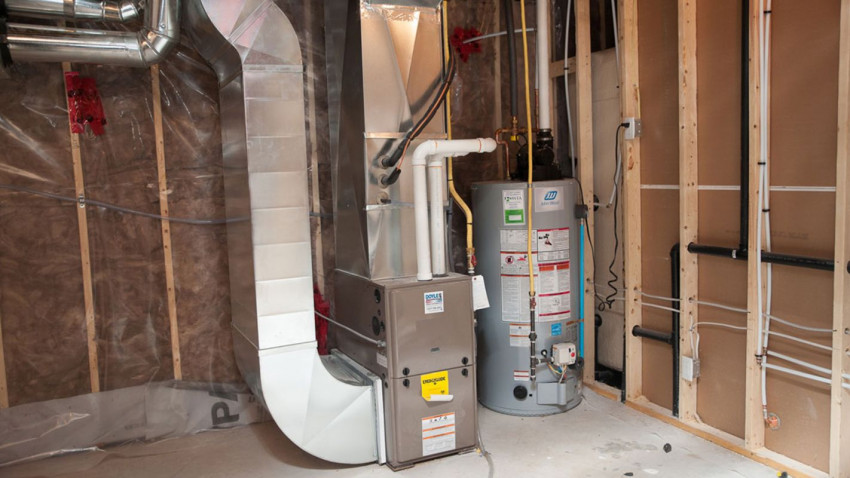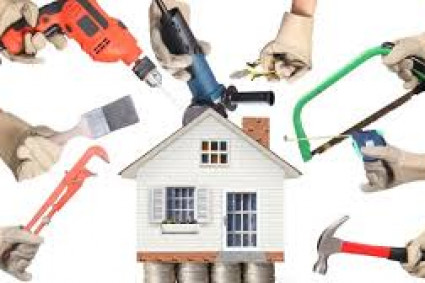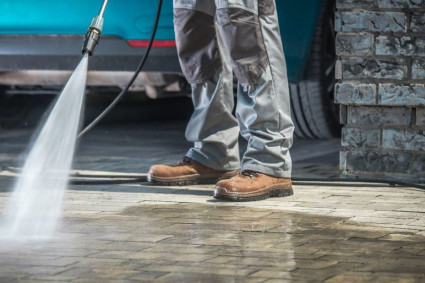
Installing a new heating system is a big investment and increases the comfort and efficiency of your home, especially in winter. Most heating systems reach the end of their useful life after ten to twelve years. Therefore, it is best to install a new energy-efficient heating or HVAC system to reduce the cost of electricity and other utility bills.
But when the time comes to replace or upgrade your old heating system, you may find out that there is a lot to consider when installing a new heater system. If you are feeling overwhelmed and don't know where to start and what to do? Then read this article, because it has compiled a few factors that you can take into account in making an informed decision.
Type Of Heating System
What type of heating system do you have working in your home? Boiler? Heating system? Mini-split heating system? You can consult with a local HVAC or heating systems expert to find out the best options. Your options are likely limited depending on what is available in the market and the type of heating system your home is designed for. However, your heating contractor can guide you to the best option you may have.
Fuel Type Is The Greatest Concern
Your fuel availability will affect your choice. Electric heaters are always an option, but a gas line opens up other installation possibilities. Homes without natural gas can also rely on fuel oil or propane. The cost of each fuel will also influence your decision, as well as its environmental effects.
Find out what type of fuel your old or current heating system burns and ask your local heating contractor what fuels are available for a new heating system in your home.
You should choose the system that fits your budget during the purchase and installation stage and future days of use. Regardless of the type of fuel, you should consider and be prepared to include the cost of the fuel to maintain your heating system.
Choose The Size Of Your Heating System Wisely
Don't buy or install a new heating system without thinking about the size of your space or the capacity of the appliance. Before proceeding with the heating system installation, you must know how much heating or cooling your home needs. It must be perfectly suited to the capacity of your new heating system.
If your heating system is not properly sized, it is a waste of energy, no matter how good your efficiency ratings are. Your heating system cannot heat or cool a space that is too small or too large for it. It must be the right size. Apart from that, you need to consider the weather in your area and a lot of other things. You can talk to a heater installation expert to find the perfect heating system.
Energetic Efficiency
Heat and air conditioning units consume a significant amount of energy. Almost half part of our home's energy use is spent on heating and cooling. Manufacturers report the annual efficiency of fuel use in the Energy Efficiency Guide for Heating Systems. This rating shows the efficiency of the heating system at different seasons of the year.
Some modern heating systems can achieve an efficiency of 97.98%, while older systems vary between 52% and 69%. You can also check the Energy Star rating when purchasing a new HVAC installation for your home. It is important to check the energy consumption of your new HVAC system before purchasing it. It will help you save energy and bills in the long term.
Heating System Maintenance
Getting the most from your heater requires regular maintenance. If your heating system filter is dirty, your heating system may not be operating at full capacity. It is important to clean or replace your radiator filter every five to fourteen weeks to achieve good indoor air quality and prevent indoor dust and allergens.
It is also important that you clean the air exchanger inside your HVAC system to prevent clogging and overloading the unit. Before new HVAC installation, keep in mind that you will need to perform regular maintenance on the unit to keep the manufacturer's warranties in effect.




